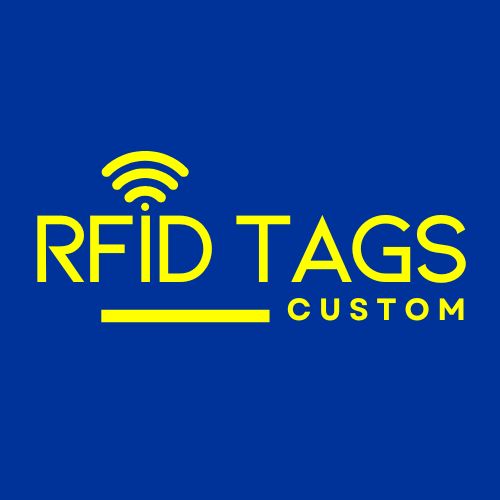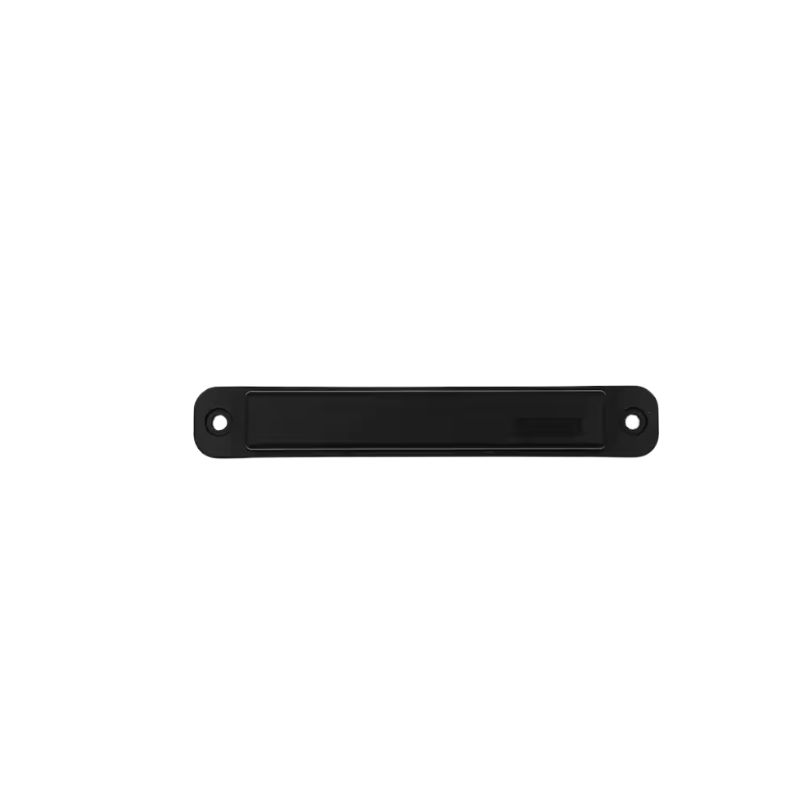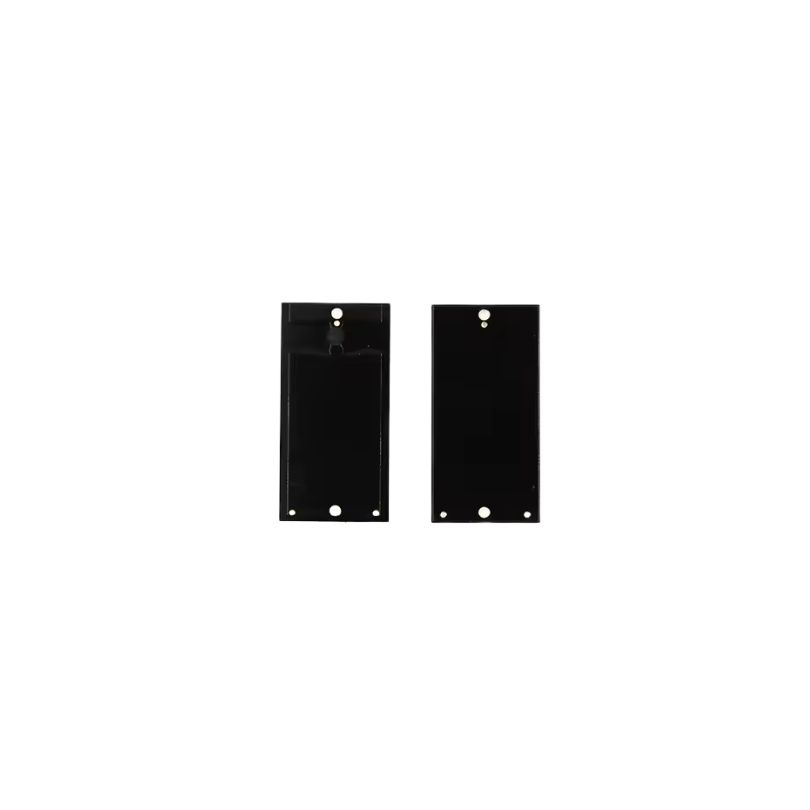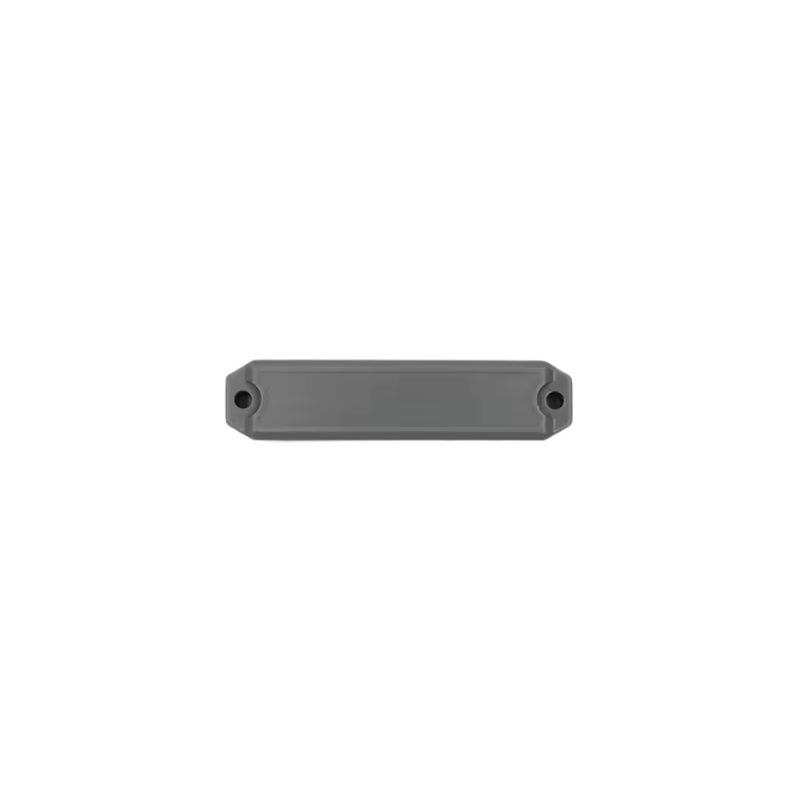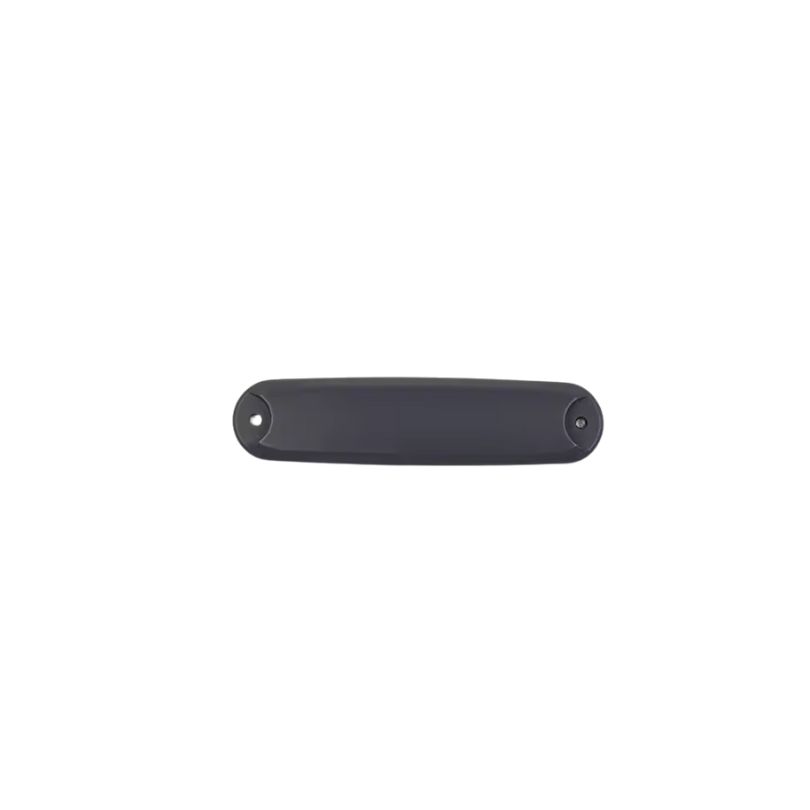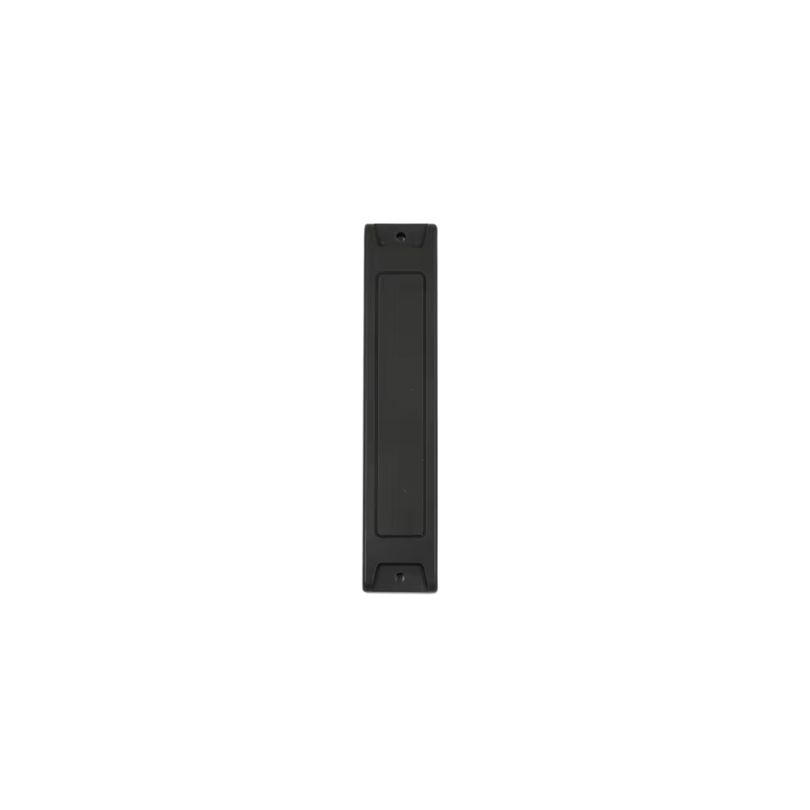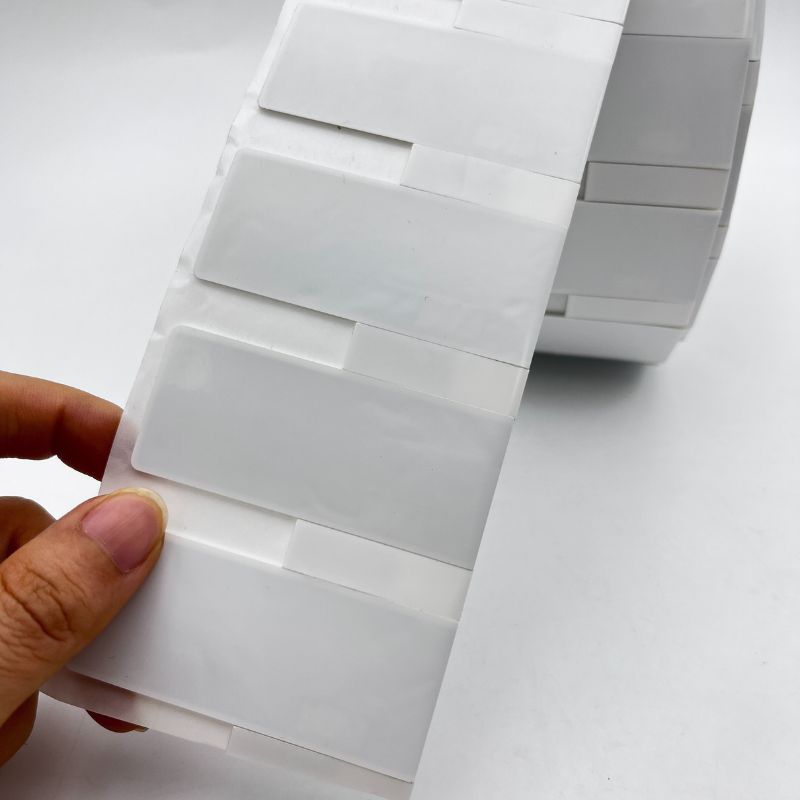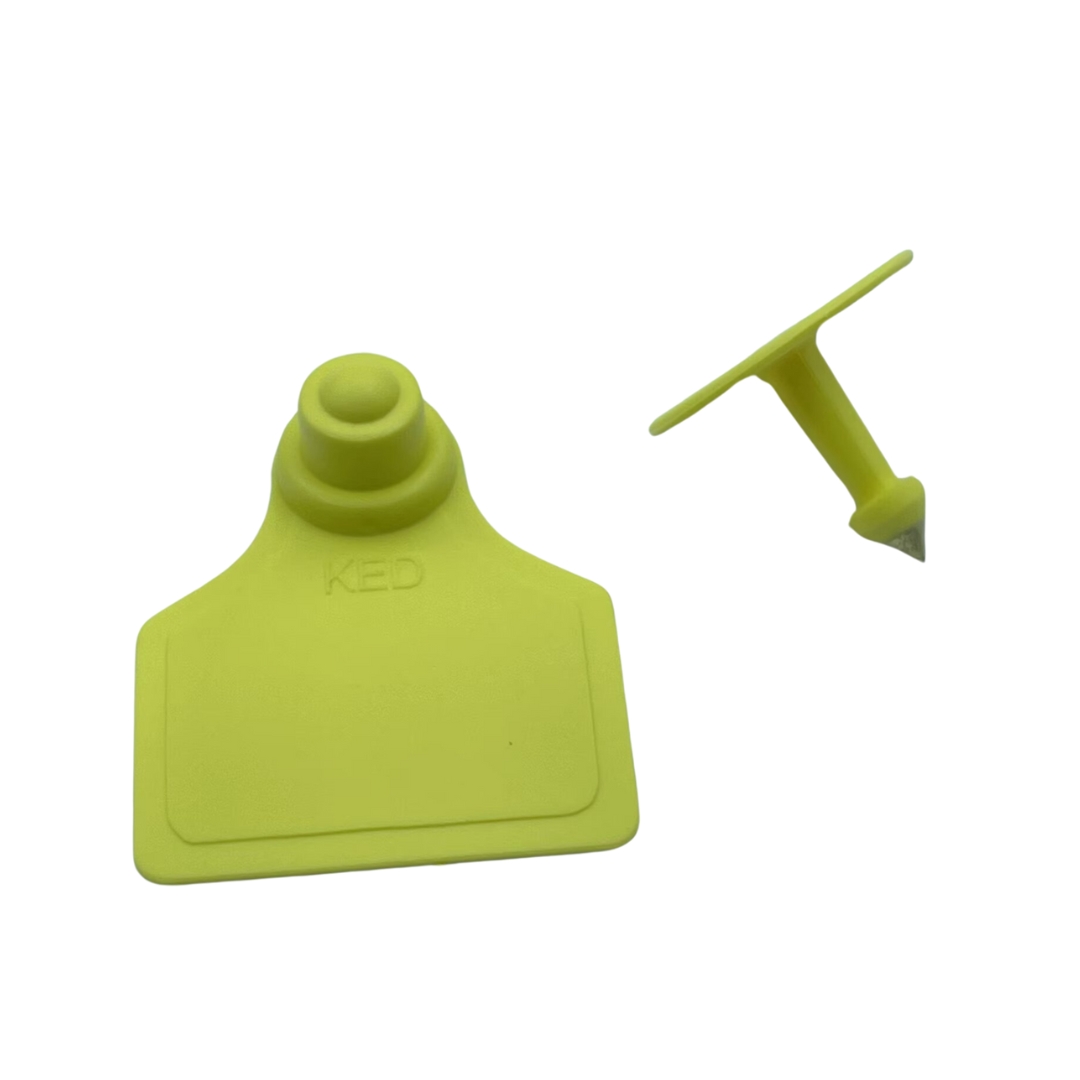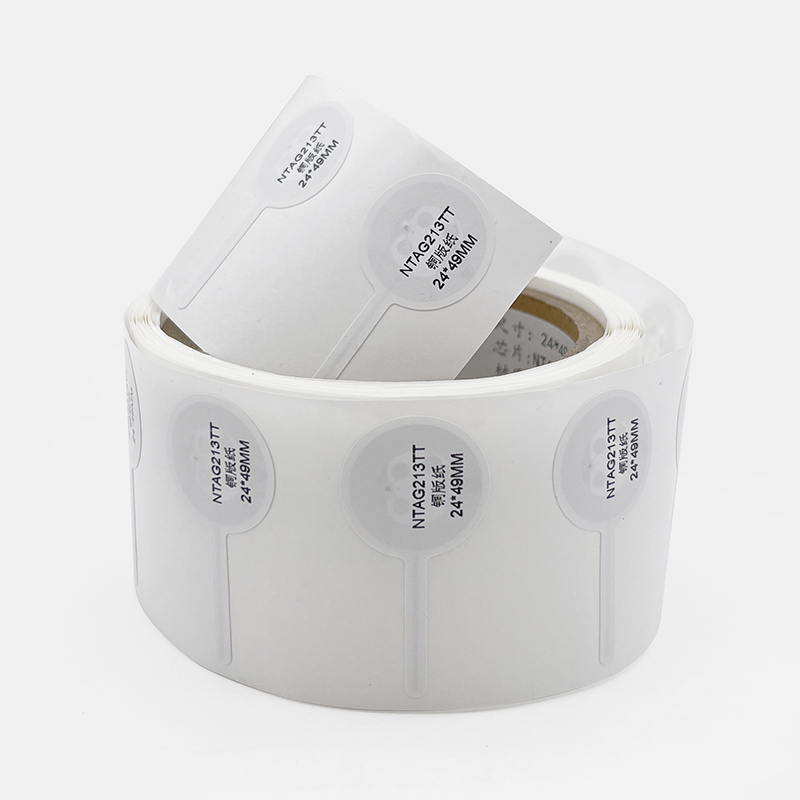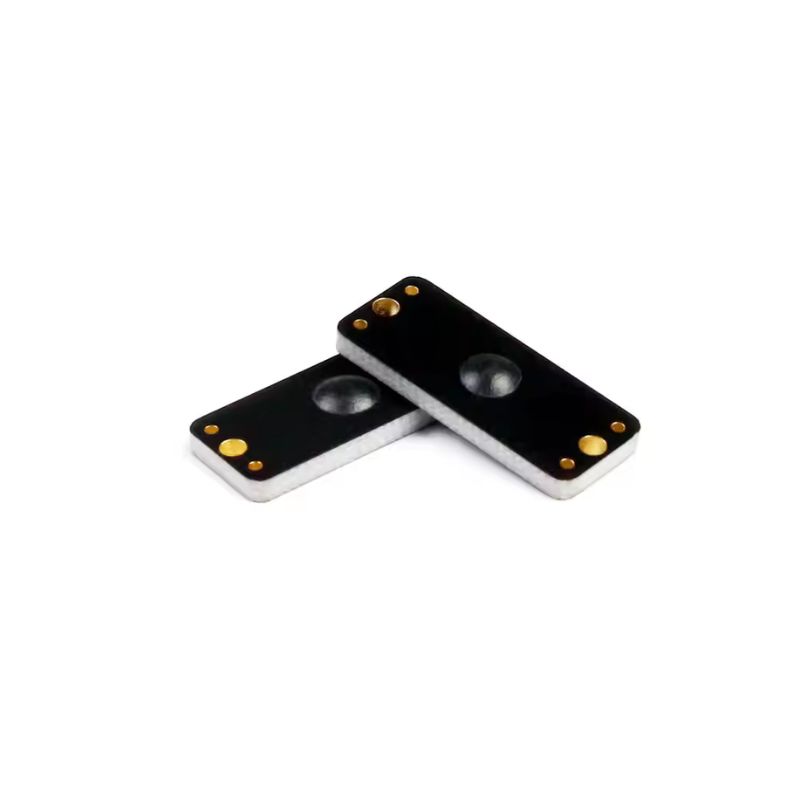
UHF RFID Tag On Metal Surface for Various Application
Maximize Accuracy with Our RFID Tag On Metal Surface
Our RFID tag on metal surface is designed for industries where standard tags fail due to signal interference. Whether you’re managing assets on construction equipment, metal containers, or warehouse shelves, these UHF on metal tags deliver accurate tracking performance in the harshest conditions.
With advanced shielding and premium materials, our On Metal RFID Tags eliminate radio interference and ensure data reliability. Perfect for industrial, automotive, oil & gas, and manufacturing sectors.
Key Features of the RFID Tag On Metal Surface
- Anti-Metal Design: Engineered with a specialized isolation layer to maintain signal strength on metal.
- Long Read Range: Up to 8 meters with UHF on metal tag (860–960 MHz), depending on the environment and reader.
- Custom Fit: Available in various sizes and shapes, with adhesive, rivet, or screw mounting.
- IP68 Protection: Fully waterproof, dustproof, and chemical-resistant for industrial-grade durability.
- Data Capacity: Up to 512 bits user memory, ideal for asset ID, maintenance history, or tracking codes.
- Temperature Range: Operates between -40°C to +85°C for harsh climates or manufacturing zones.
Real Industry Use Case
A logistics company managing steel pallets deployed our RFID tag on metal surface tags to automate inventory checks. The result? They reduced manual labor by 60%, increased scan accuracy to 98%, and cut asset loss by over $40,000 per year.
Technical Specifications of RFID tag on metal surface
| Feature | Detail |
| Protocol | ISO18000-6C / EPC Gen2 |
| Frequency | 860–960 MHz |
| Read Range | Up to 8 meters |
| Memory | 96–512 bits EPC / User |
| Material | ABS, Epoxy Resin with Anti-Metal Layer |
| Attachment | Adhesive, Screws, Rivets |
| Ingress Protection | IP67 / IP68 |
| Operating Temp | -40°C to +85°C |
Applications of RFID Tag On Metal Surface
- Logistics & Warehousing
- Heavy Equipment & Industrial Tools
- Facility Asset Management
- Secure Inventory Control
- Vehicle Chassis Tracking
Why Choose Our RFID tag on metal surface?
- Over 10 years RFID manufacturing experience
- 100,000+ scan lifecycle
- Free sample & MOQ as low as 100 pcs
- Full printing, encoding, and custom design support
- OEM/ODM support for enterprise projects
Ready to upgrade your asset tracking system?
Contact us now for a free sample or custom quote.
Our RFID experts will help you select the perfect RFID tag on metal surface for your application.
FAQ
What is an RFID Tag On Metal Surface?
It’s a specially engineered RFID tag that maintains read performance even when placed directly on conductive metal surfaces by using an anti-metal interference layer.
Where are On Metal RFID Tags typically used?
Common in logistics, automotive, manufacturing, and equipment rental industries to track metal-based assets with high accuracy and durability.
How long do UHF On Metal Tags last?
Our tags are built to last 5–10 years depending on use case, with over 100,000 read cycles and IP68-level environmental resistance.
Can I customize the size, logo, or chip type?
Yes, we offer full customization including size, shape, printing (logo or serial numbers), chip selection, and adhesive/screw mount options.
How do I install RFID Tags on Metal Surfaces?
Simply use the adhesive backing or screw holes to attach the tag securely. We recommend cleaning the metal surface before installation.
Get Your Custom RFID Tags
As a leading custom RFID tag manufacturer, we craft solutions based on the unique needs of your operation. We offer a wide range of customization options, including material, size, frequency, encoding, and read distance, ensuring each RFID Tag is perfectly customized to your requirements. No matter what application you use RFID tags for, we can provide rugged, reliable RFID tags that meet the highest quality and durability standards. Here are the main ways we customize RFID tags to fit your needs.

Material Selection
Material is key for customizing RFID tags. Plastic works in harsh conditions, while softer materials suit delicate spaces. Different materials also affect signal performance. Pick what fits your use case to ensure your tags last and work reliably.

Customized Size
Size shapes usability. Small tags fit tight spaces or tiny items, while larger tags are easily read. In crowded areas, sleek tags prevent clashes. Align shape and dimension with your goods for visibility, convenience, and performance.

Frequency Requirements
Choose LF, HF, or UHF based on read range, speed, and interference. LF and HF resist metals and liquids but have shorter ranges. UHF offers an extended range yet may face signal blocks. Match frequency to your environment for reliable performance.

Reading Distance
Define the distance at which you have to read the tag. Short distances work for retail checkouts, while warehouses may need meters of coverage. Antenna design, reader settings, and power outputs affect range.Adjust these factors to capture data accurately at the distance you need.

Encode
Plan how data is stored on each tag. Some only hold an ID, while others contain detailed info. Decide if you need a simple EPC or added user memory. Ensure your chosen format works with existing software. Proper encoding streamlines processes and slashes errors.

Application Environment
Consider real-world conditions. Temperature swings, humidity, and chemicals can degrade tags. For outdoor use, opt for UV-resistant casings. In healthcare or food settings, ensure compliance with safety rules. Matching your tags to the environment maximizes their lifespan.
Related Products
Customize any RFID tags from our factory to meet your requirements.
